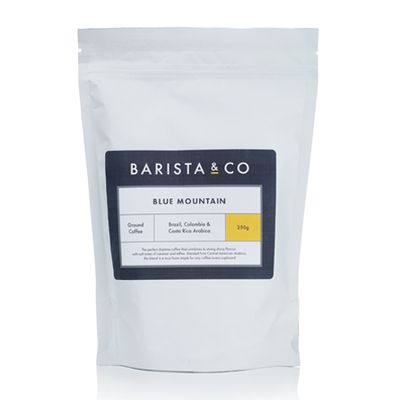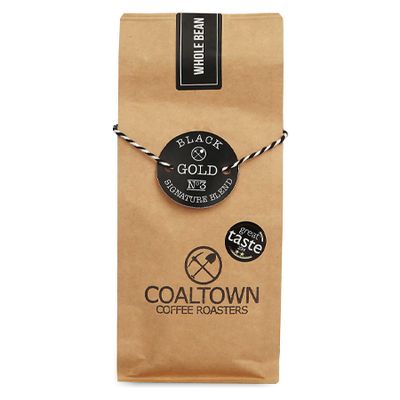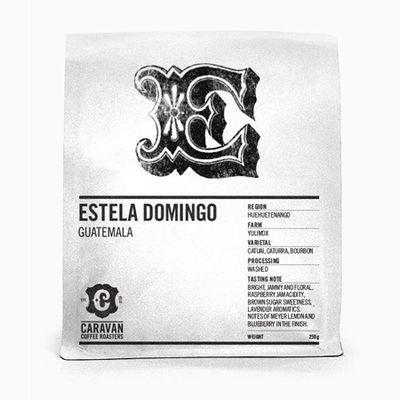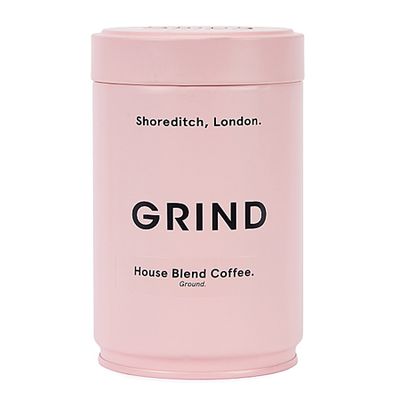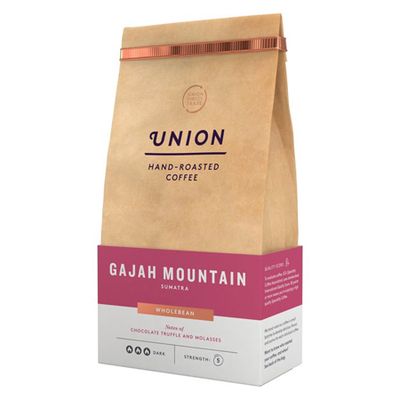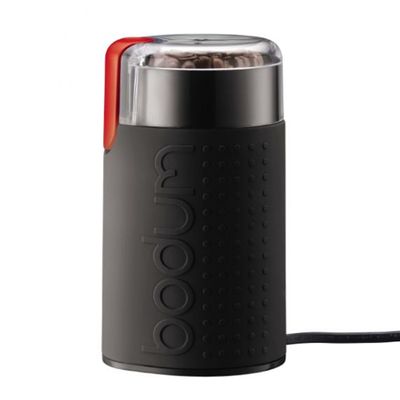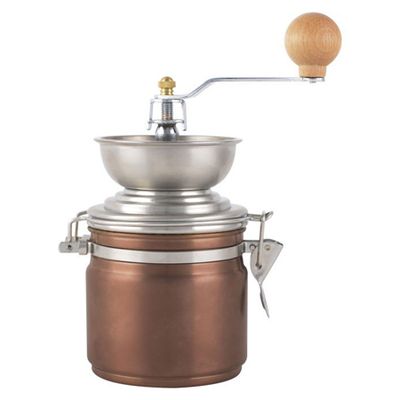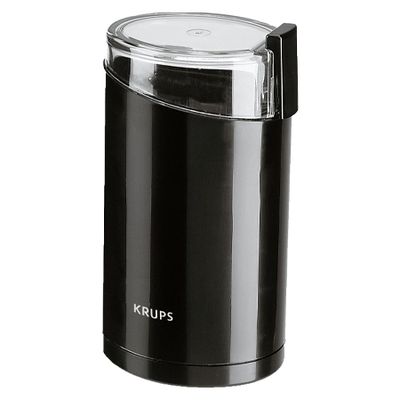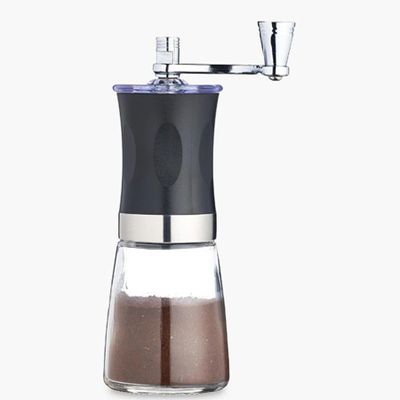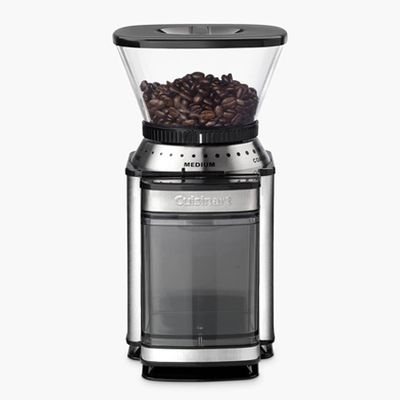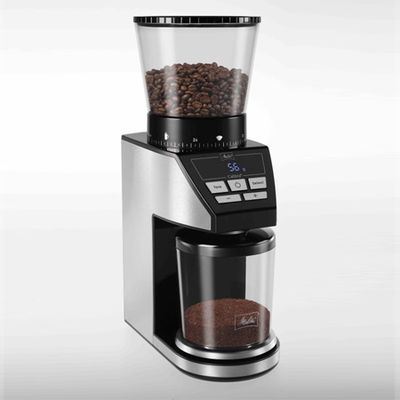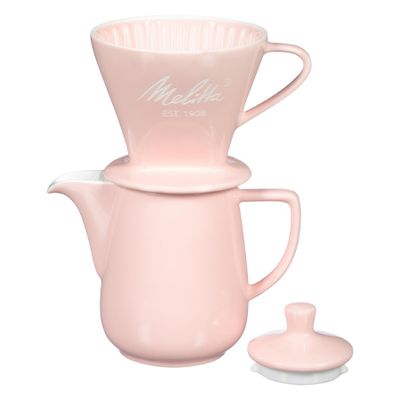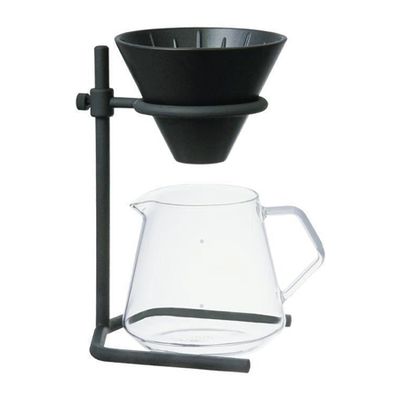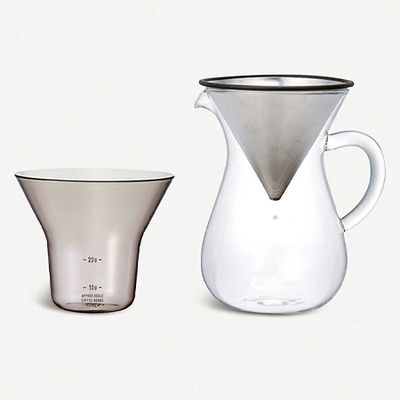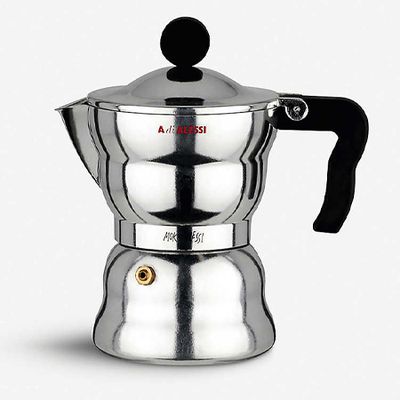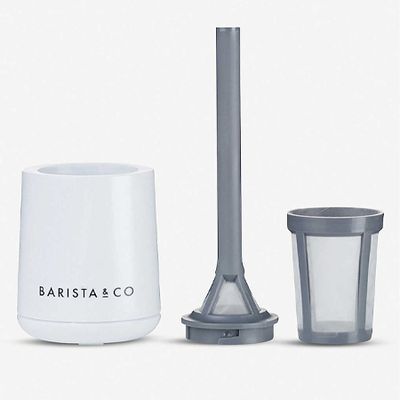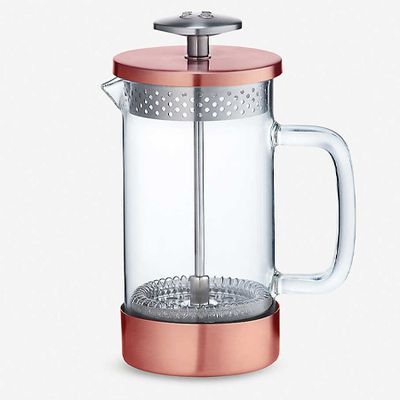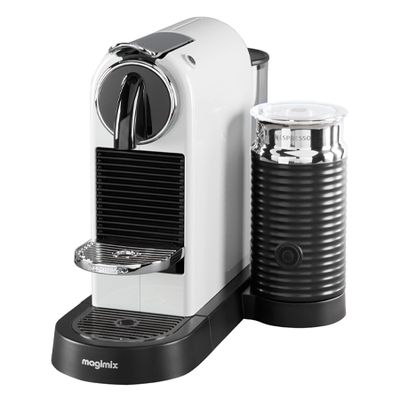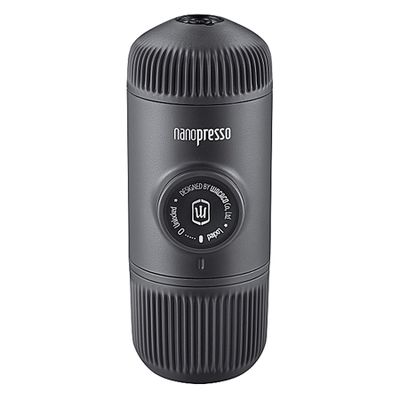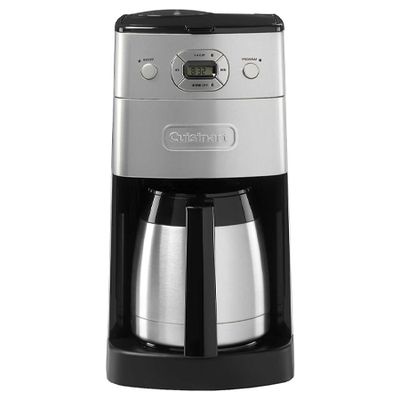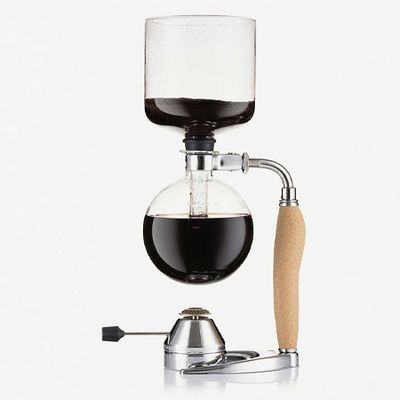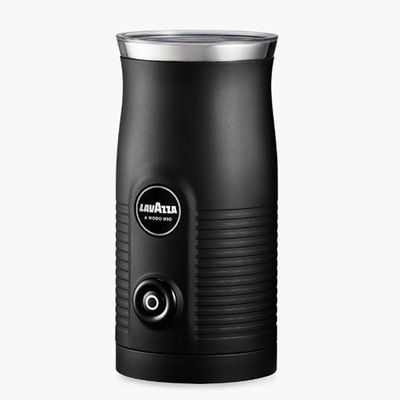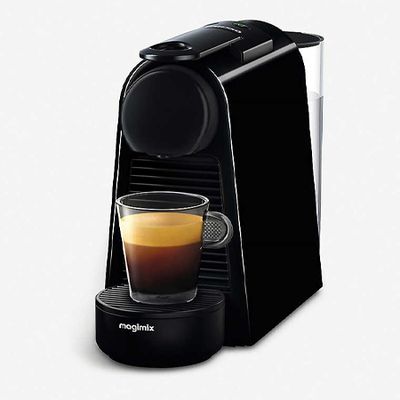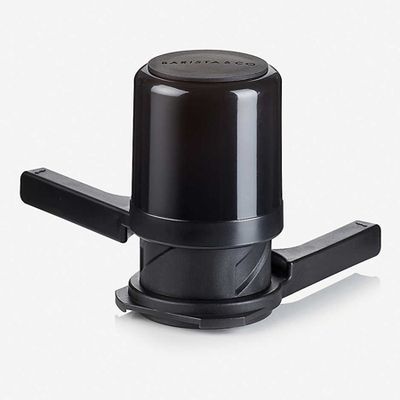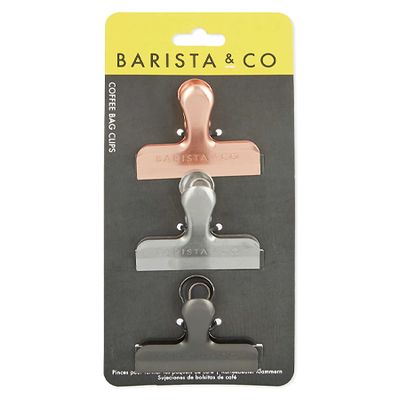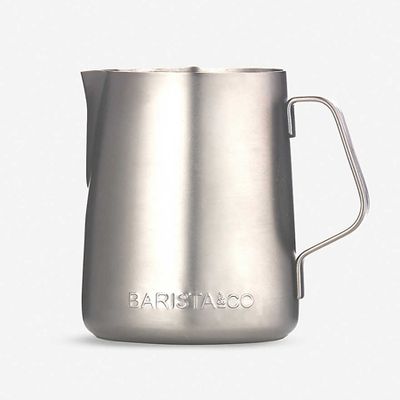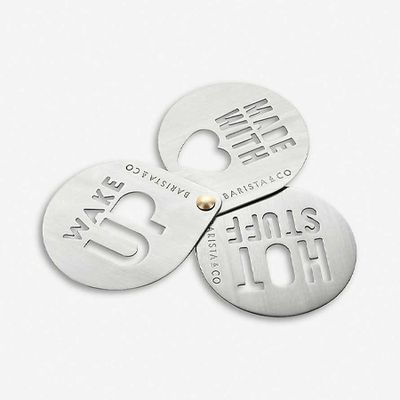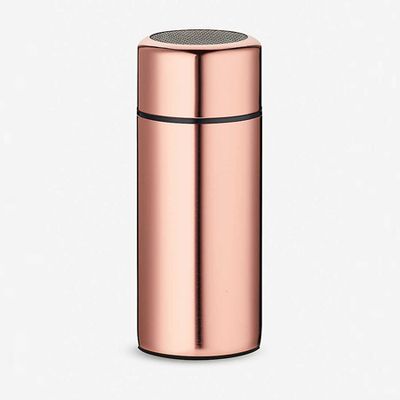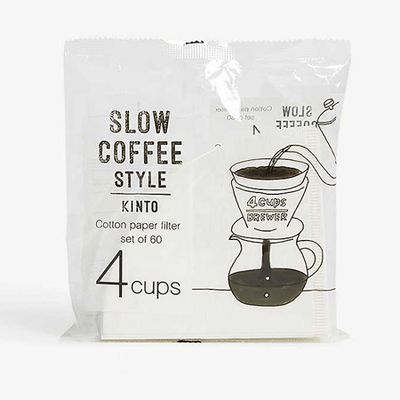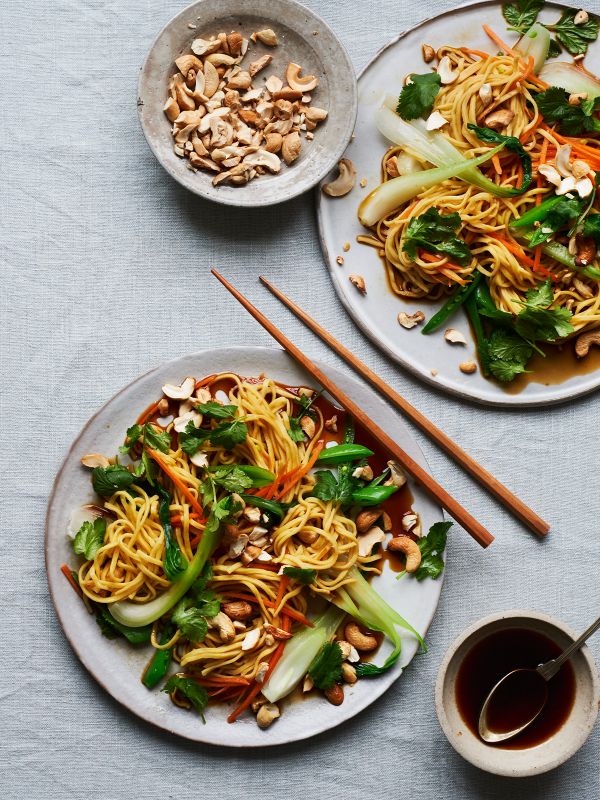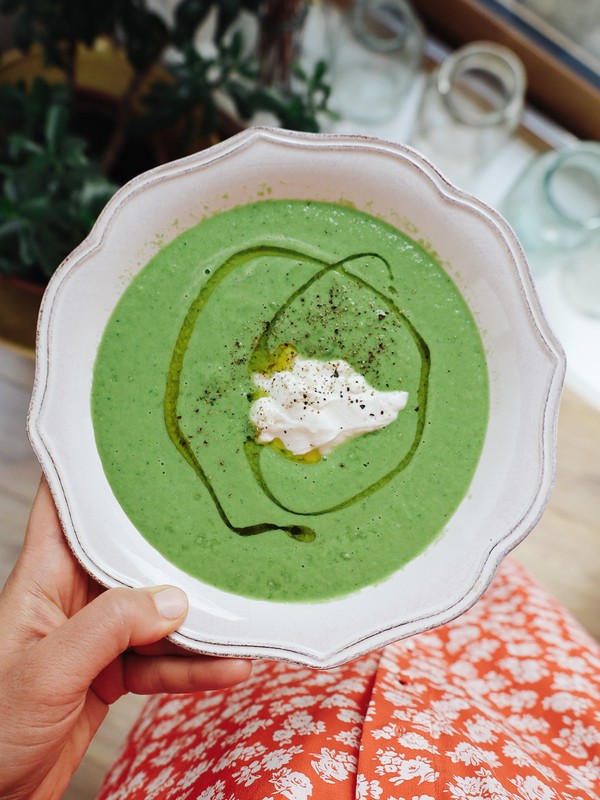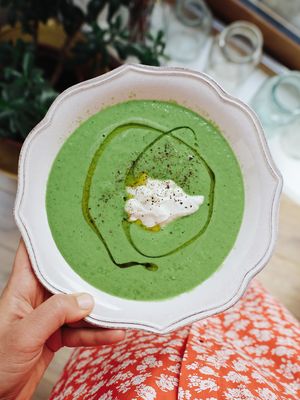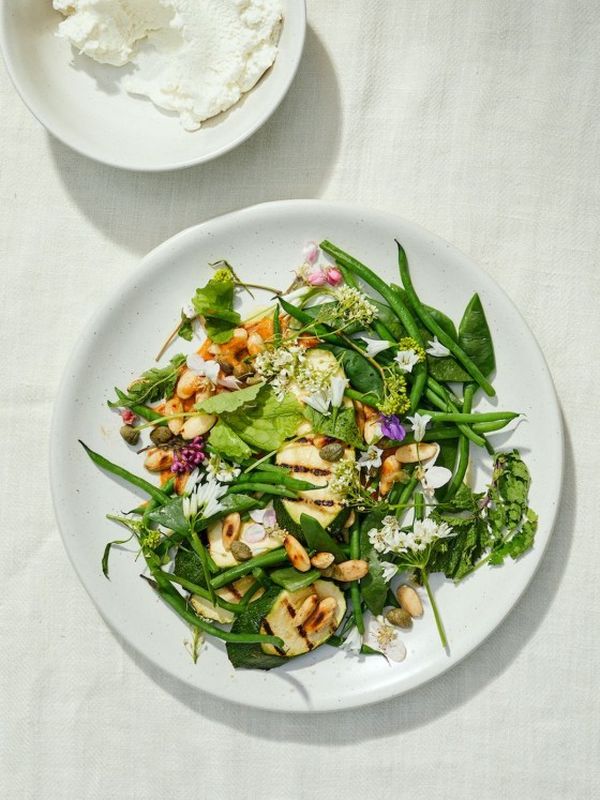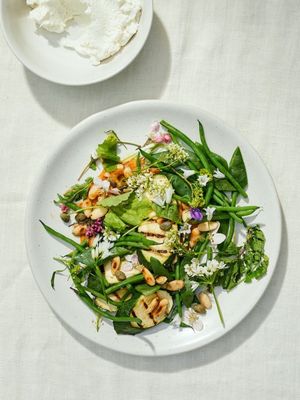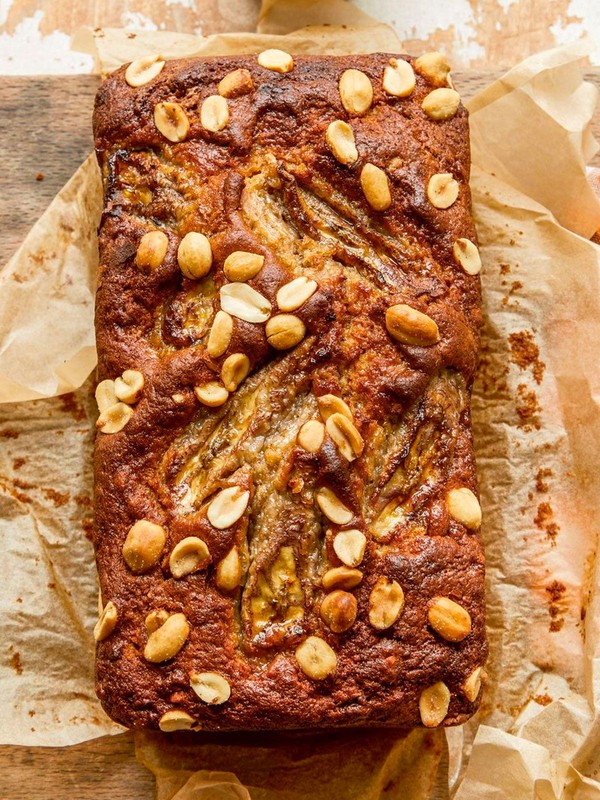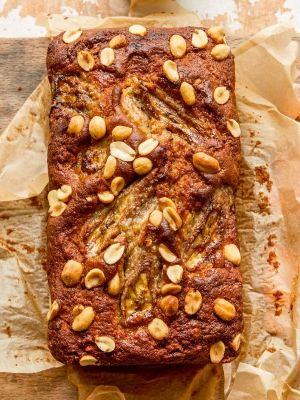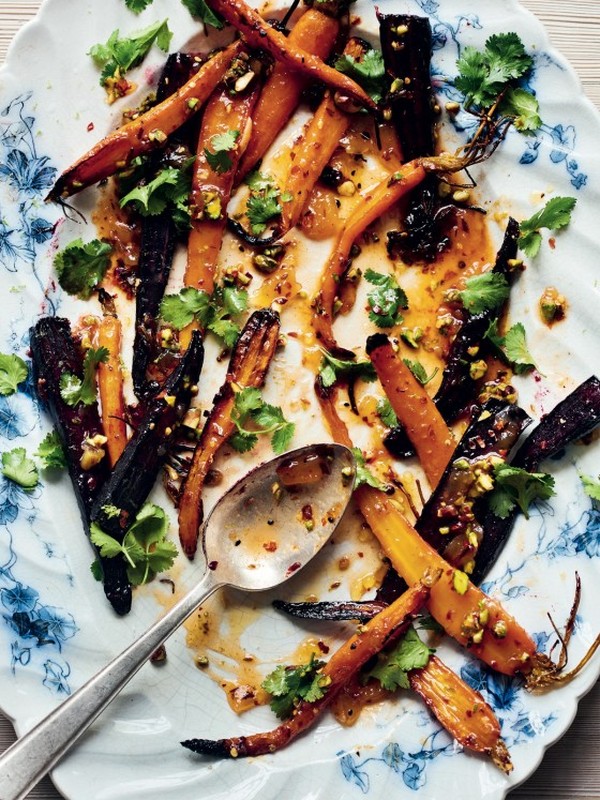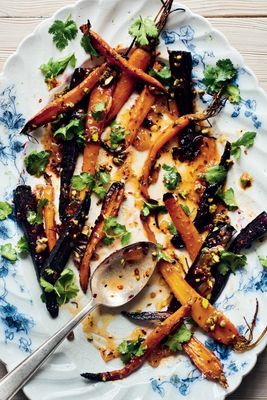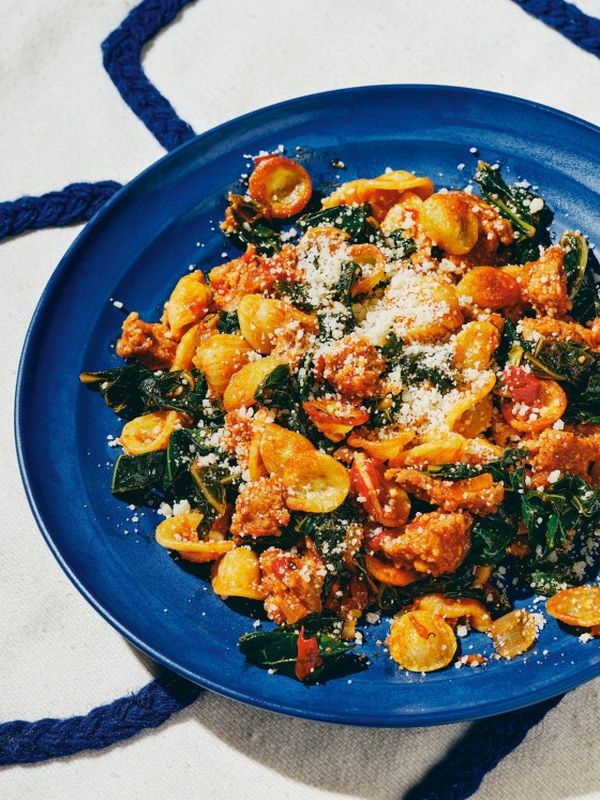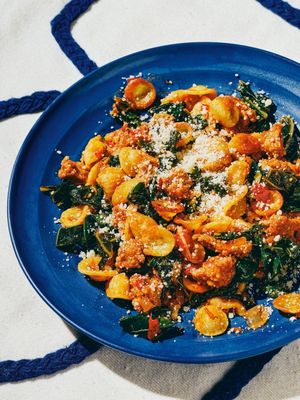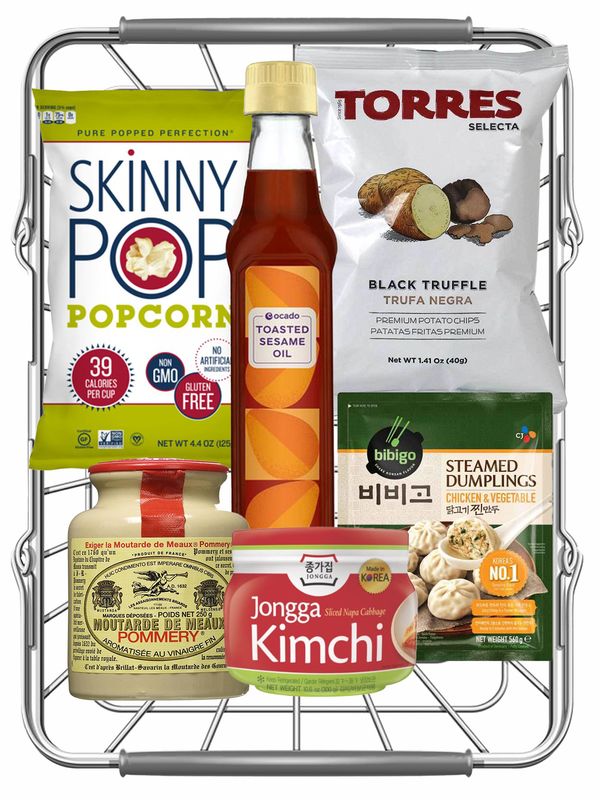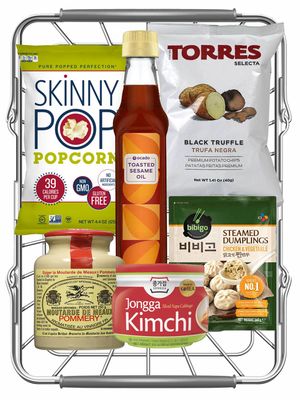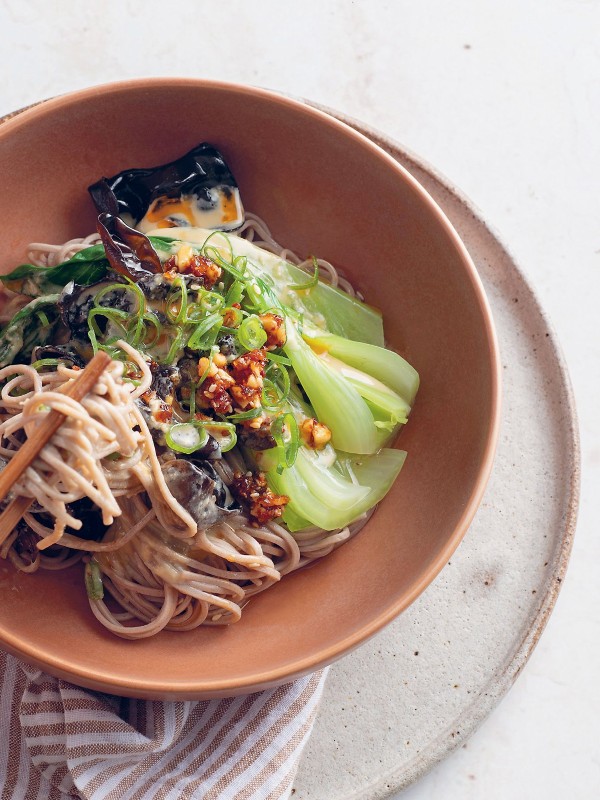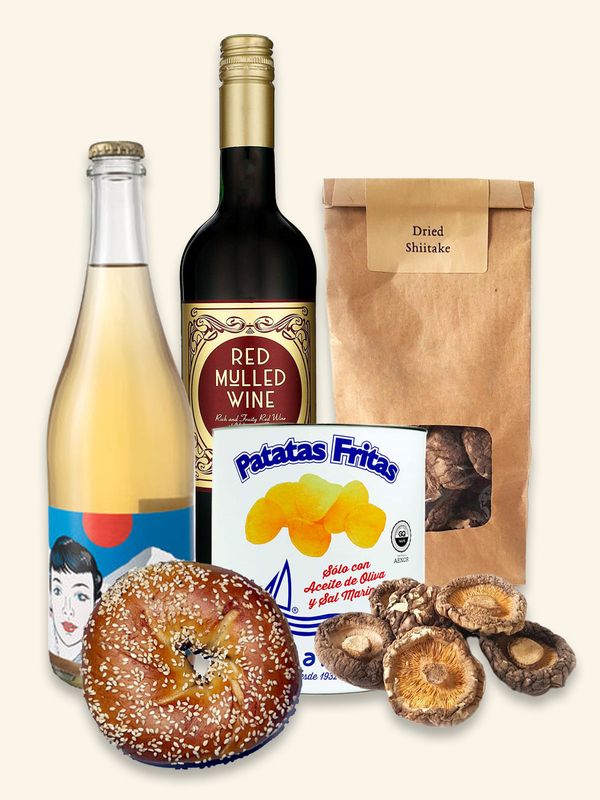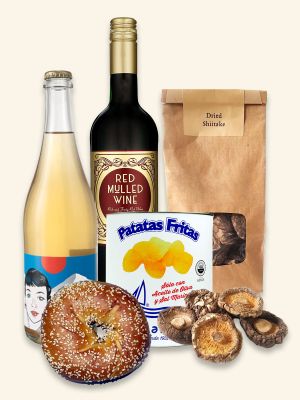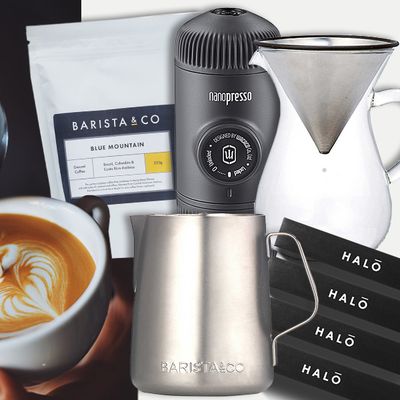
The Expert Guide To Great Coffee
KNOW YOUR BEANS
Experts agree it’s best to buy beans and grind them at home to preserve their taste and aroma, while understanding the traceability of the beans is also key. “You need to know the country of origin and the farm, like when you buy wine. It’s not just French wine, for example, it’s a particular vineyard,” explains Antonio Orria, Head of Coffee at The Gentlemen Baristas. The more info on the label, the better, while the sustainability chain and provenance are both a guarantee of quality. “Origin is associated with quality – at The Gentlemen Baristas we have a full ID card for every coffee,” adds Antonio.
STORE IT, GRIND IT
Coffee beans and ground coffee should be stored carefully at home. Ground coffee should be kept away from daylight and humidity, in an airtight container, and only bought in small quantities to keep it fresh. Grind beans only when you need them to ensure you get maximum flavour every time, too.
GET BREWING
According to Melitta, the ideal ratio of coffee to water is 36g per 600ml and water should be at 96°C. “An Aeropress is great fun and can allow you to explore coffee in a simple way,” says Emma Haines, trainer at The London School of Coffee. “But you can make a great brew in a French Press, too.” Just remember a French press needs four minutes to brew, whereas an Aeropress needs two and a half minutes – and never let coffee brew for longer than five minutes, overall.
DO BETTER WITH CAPSULES
These can get bad rap because of the environmental impact andlack of traceability. In fact, in 2018 alone, the coffee capsule industry produced 60 billion capsules. Halo makes capsules that are compatible with machines such as Nepresso, using speciality grade coffee and utilising waste sugar cane, a by-product of the sugar industry, to create a fully home compostable pod. It even has the ability to degrade in as little as 28 days in a home compost. That’s not where the eco credentials end, either. “Capsule machines brew the exact amount of water required for a perfect coffee,” explains Sarah Lim, a Director at Halo. “This means energy isn’t wasted by boiling too much water.”
CHOOSE YOUR MILK
Halo suggests opting for non-dairy milks to keep the impact on the environment low. “When drinking a coffee heavy with milk, like a latte or cappuccino, the milk component represents the largest proportion of the carbon footprint,” says Sarah. “This is why we prefer more sustainable milk options. Our coffees are also designed to work perfectly with non-dairy milks – their low-acidity means they won't cause the milk to curdle, either.”
Antonio, however, is more of a purest in his approach: “Black is beautiful, but if you must, just add a drop of cold milk.”
HAVE THE RIGHT ACCESSORIES
From coffee on the go to home-brewing accessories, here’s our edit of little extras to deliver the perfect cup.
DISCLAIMER: We endeavour to always credit the correct original source of every image we use. If you think a credit may be incorrect, please contact us at info@sheerluxe.com.
